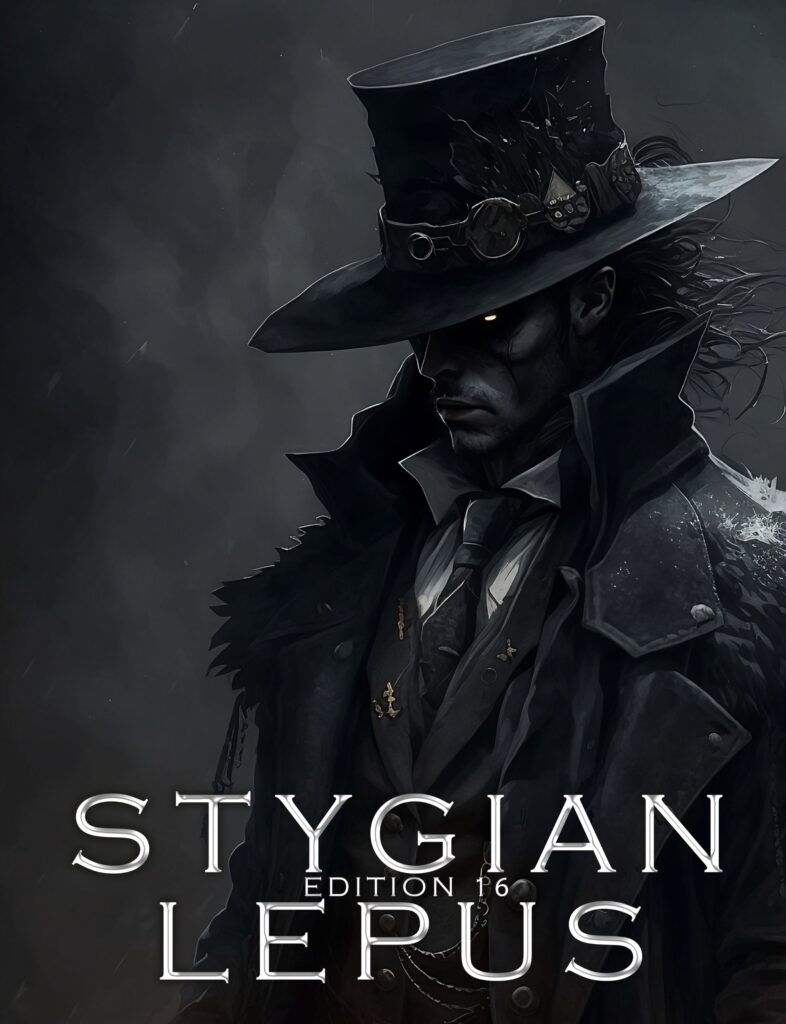Bad Girlfriend by Scott Clark
Bubbles by Arthur Davis
Eating the Elephant: (Re)Launching Your Book by Kimberly Rei & Dean Shawker
Heavenly Evictions by Jackk N. Killington
Judgement Day by Max Bindi
Mirrors by K.A. Johnson
Nightmares Are Waiting by Deborah Guenther Beachboard
Past Relationships by Andrew Kurtz
Robot Waiters Never Lose Their Patience by Nick Clements
Rotten Apple by J.R. Harlow
Signed and Sealed by Ngo Binh Anh Khoa
Sons and Daughters by Steven Holding
The Beckoning Inferno by Joseph J. Dowling
The Bull in the Floor by Mark Humphries
The Parasite Planet by Kim Salinas Silva
The Undying by Fariel Shafee
The Watcher, or City of Angels – Part One by Tyler Whetstone
What Gets Left Behind by David O’Mahony
Without Me by Clarence Carter

